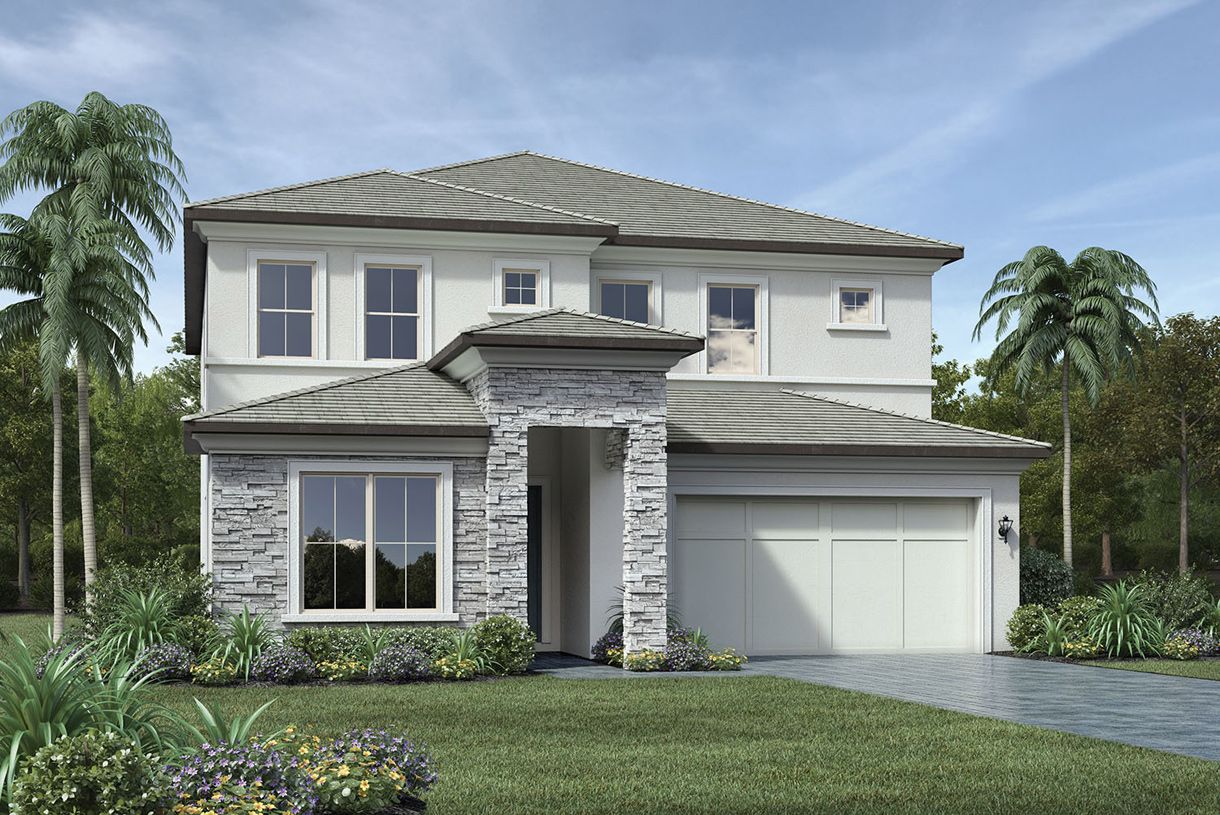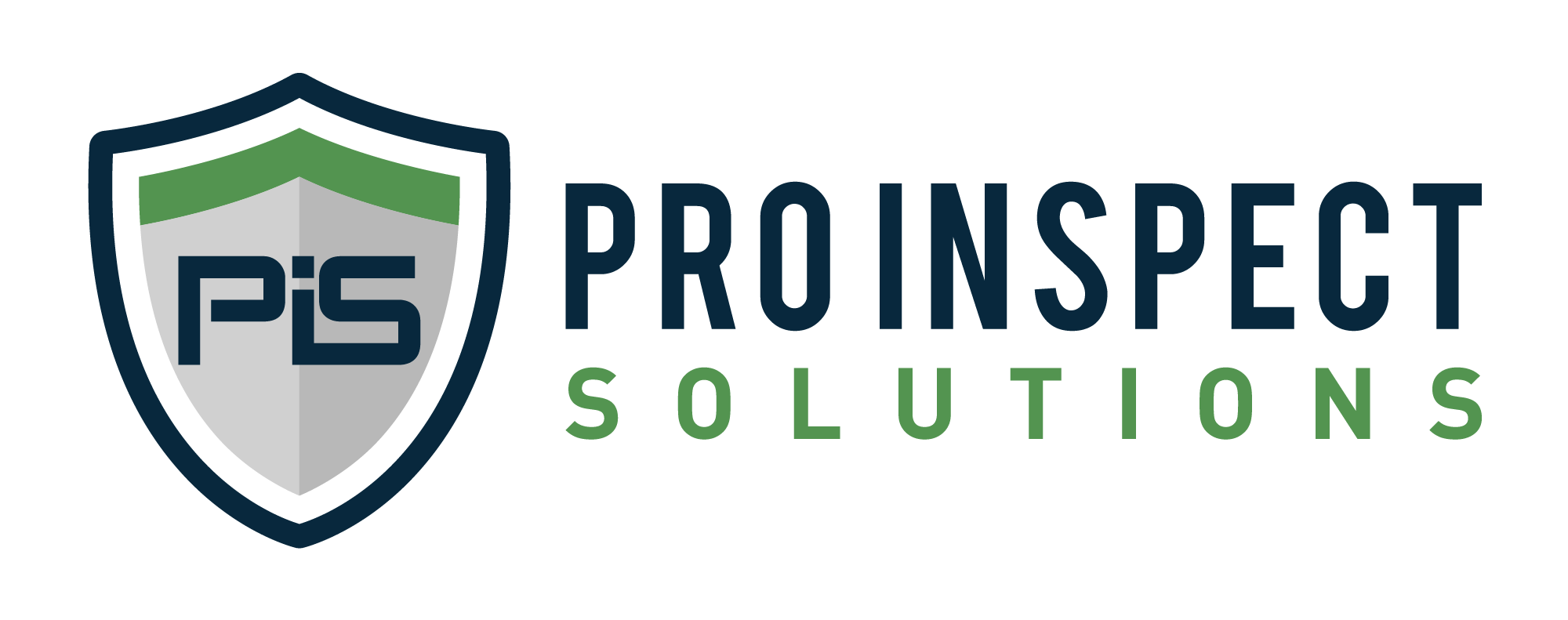
Home Inspections for New Construction: What to Look For
Buying a newly constructed home is an exciting prospect. You get the chance to own a property with the latest design and construction techniques, free from the wear and tear of previous owners. However, don’t be fooled into thinking that new construction means perfection. Even newly built homes can have issues that require attention. This is why a home inspection for new construction is just as essential as one for an older home. In this blog, we’ll guide you through what to look for during a new construction home inspection to ensure your investment is as flawless as it seems.
1. Foundation and Structure: During a new construction inspection, start by scrutinizing the foundation and overall structure. Search for cracks, gaps, or signs of settling, as these can foretell future problems. Verify the foundation’s proper sealing and its resistance to moisture infiltration. This initial assessment is crucial to guarantee the structural integrity of your newly constructed home, assuring it remains durable and free from potential foundation-related complications.
2. Plumbing System: Conduct a thorough inspection of the plumbing system during your new construction evaluation. Examine all pipes and fixtures for their condition, checking for leaks, assessing water pressure, and confirming effective drainage. Don’t forget to inspect beneath sinks and behind toilets for any indications of water damage or subpar installation. A meticulous examination of the plumbing system guarantees that your newly built home operates with efficient and problem-free plumbing, reducing the risk of water-related issues and ensuring your long-term comfort and convenience.
3. Electrical System: In a new construction inspection, scrutinize the electrical system for safety compliance. Test all outlets and switches to verify their proper functionality. Additionally, assess the circuit breaker or fuse box for accurate labeling and capacity. This comprehensive examination guarantees the electrical system’s safety and efficiency, ensuring your home is equipped to meet your electrical needs reliably and securely.
4. Roof and Attic: new roofs can still harbor issues. Examine both the roof and attic for potential problems. Look for missing or damaged shingles, signs of subpar installation, and any indications of potential leaks. Additionally, confirm the proper installation of attic insulation and ensure it is free from any defects. This vigilant assessment safeguards your new home from potential roof-related complications, securing its long-term durability and protection.
5. HVAC System: evaluate the HVAC system for efficient operation. Test both the heating and cooling components to ensure they maintain the desired indoor temperature effectively. Additionally, confirm the proper connection of all vents and ductwork. This meticulous HVAC assessment guarantees your newly built home provides consistent and comfortable heating and cooling, ensuring your year-round comfort and energy efficiency.
6. Windows and Doors: In a new construction inspection, closely examine the windows and doors for proper installation and functionality. Ensure they seal tightly to prevent drafts and energy loss, enhancing energy efficiency. Additionally, inspect the frames for any cracks or gaps that may compromise insulation. A meticulous assessment of windows and doors guarantees that your newly constructed home maintains a comfortable and energy-efficient interior environment while preventing potential issues related to drafts and heat loss.
7. Insulation and Energy Efficiency: During your new construction inspection, assess the insulation to ensure optimal energy efficiency. Inadequate or improperly installed insulation can result in energy inefficiency and discomfort. Confirm that all exterior walls and ceilings have sufficient and properly installed insulation. This scrutiny guarantees that your newly constructed home maintains a comfortable and energy-efficient interior environment, minimizing energy waste and associated costs while enhancing your overall comfort.
8. Appliances and Fixtures: In your new construction inspection, thoroughly inspect all appliances and fixtures to verify their proper functionality. This includes kitchen appliances, faucets, showerheads, and light fixtures. Conduct tests to ensure they operate as intended and diligently examine for any potential defects. This comprehensive assessment guarantees that all essential components of your newly constructed home are in working order, ensuring a hassle-free living experience from day one without unexpected issues or repairs.
9. Exterior and Landscaping: During your new construction inspection, thoroughly examine the home’s exterior, encompassing siding, paint, and outdoor structures such as decks and patios. Confirm that proper drainage systems are in place to deter water damage to the foundation. Additionally, assess the landscaping for potential complications, including drainage issues and the proximity of tree roots encroaching on the foundation. This meticulous assessment safeguards your newly built home from exterior-related concerns, ensuring its durability and longevity..
10. Warranty and Documentation: review all warranties and documentation supplied by the builder. Gain a clear understanding of what is covered and the duration of coverage. It is essential to retain these documents for future reference in the event of any unforeseen issues or necessary repairs. This diligent documentation ensures you have easy access to valuable information that can assist you in addressing concerns and protecting your investment in your newly constructed home.
11. Hire a Qualified Home Inspector: While you can perform a visual inspection on your own, it’s highly advisable to hire a qualified home inspector for new construction. They have the expertise and experience to identify hidden issues that you might miss. A professional inspection provides an unbiased assessment of the home’s condition and can help you address any concerns with the builder before finalizing the purchase.



